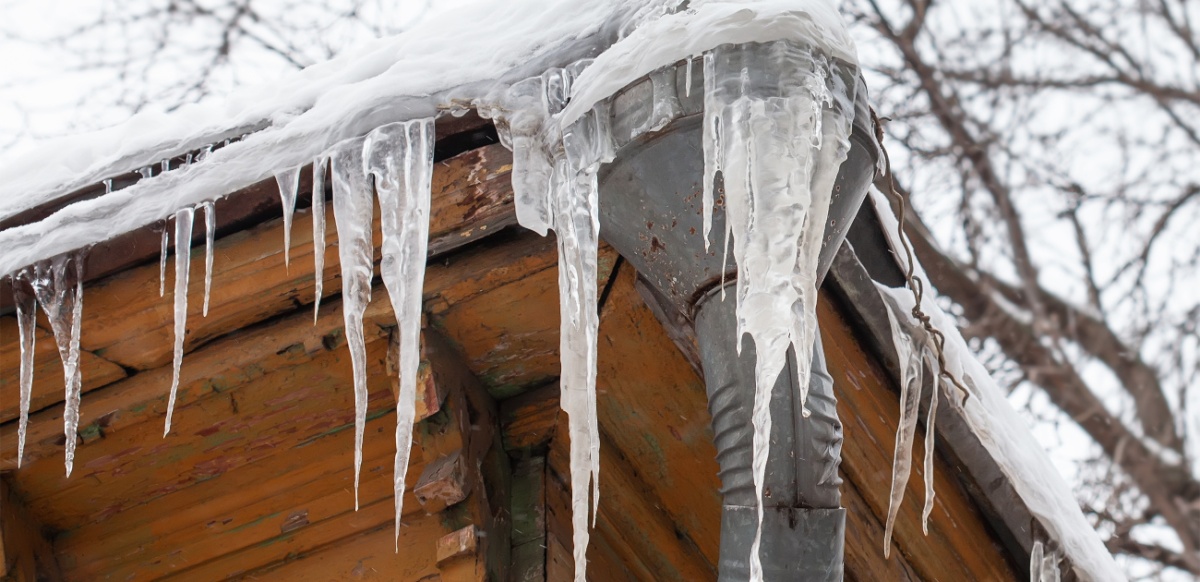Important Tips to Avoid Frozen Plumbing in Winter
Important Tips to Avoid Frozen Plumbing in Winter
Blog Article
The content down below pertaining to Preventing and dealing with frozen pipes is extremely remarkable. You should check this stuff out.

Winter can ruin your pipes, especially by freezing pipelines. Right here's how to prevent it from occurring and what to do if it does.
Intro
As temperature levels drop, the risk of frozen pipes increases, possibly causing pricey repair services and water damage. Understanding exactly how to avoid frozen pipelines is essential for house owners in cool environments.
Prevention Tips
Shielding prone pipes
Wrap pipes in insulation sleeves or make use of warm tape to protect them from freezing temperature levels. Concentrate on pipes in unheated or outside areas of the home.
Home heating strategies
Maintain indoor spaces adequately warmed, particularly areas with pipes. Open up closet doors to allow warm air to circulate around pipes under sinks.
Just how to determine icy pipes
Search for reduced water flow from taps, uncommon odors or sounds from pipelines, and visible frost on subjected pipelines.
Long-Term Solutions
Structural changes
Think about rerouting pipelines far from exterior wall surfaces or unheated locations. Include added insulation to attics, cellars, and crawl spaces.
Upgrading insulation
Buy top notch insulation for pipelines, attics, and wall surfaces. Appropriate insulation aids keep consistent temperature levels and lowers the danger of frozen pipes.
Protecting Outdoor Plumbing
Yard pipes and outside taps
Detach and drain garden tubes prior to winter. Mount frost-proof faucets or cover outside faucets with insulated caps.
Understanding Icy Pipes
What causes pipelines to freeze?
Pipelines ice up when subjected to temperatures listed below 32 ° F (0 ° C) for prolonged periods. As water inside the pipelines freezes, it expands, putting pressure on the pipeline walls and potentially triggering them to rupture.
Risks and damages
Icy pipes can lead to water supply disturbances, residential or commercial property damages, and costly repairs. Burst pipes can flooding homes and cause substantial structural damages.
Indications of Frozen Pipeline
Recognizing frozen pipelines early can avoid them from rupturing.
What to Do If Your Pipes Freeze
Immediate actions to take
If you suspect frozen pipes, maintain taps open to eliminate stress as the ice thaws. Use a hairdryer or towels taken in hot water to thaw pipes slowly.
Final thought
Protecting against icy pipelines calls for proactive steps and quick reactions. By comprehending the causes, indications, and preventive measures, homeowners can secure their plumbing throughout winter.
6 Proven Ways to Prevent Frozen Pipes and Protect Your Home
Disconnect and Drain Garden Hoses
Before winter arrives, start by disconnecting your garden hoses and draining any remaining water. Close the shut-off valves that supply outdoor hose bibs and leave the outdoor faucet open to allow any residual water to drain. For extra protection, consider using faucet covers throughout the colder months. It’s also important to drain water from any sprinkler supply lines following the manufacturer’s directions.
Insulate Exposed Pipes
Insulating your pipes is an effective way to prevent freezing. Pipe insulation is readily available at home improvement stores and is relatively inexpensive. Pay close attention to pipes in unheated areas such as the attic, basement, crawl spaces, or garage. Apply foam insulation generously to create a buffer against the cold. You can also wrap your pipes in heat tape or thermostat-controlled heat cables for added warmth.
Seal Air Leaks
Inspect your home for any cracks or openings that could let in cold air. Seal any holes around the piping in interior or exterior walls, as well as the sill plates where your home rests on its foundation. Additionally, make sure to keep your garage door closed unless you’re entering or exiting. Leaving it open creates a significant air leak that can lead to frozen pipes.
Allow Warm Air Circulation
During cold snaps, it’s essential to allow warm air to circulate evenly throughout your home. Leave interior doors ajar to promote better airflow. Open kitchen and bathroom cabinets to help distribute heat consistently around the rooms. If you have small children or pets, be sure to remove any household chemicals or potentially harmful cleaners from open cabinets for safety.
Let Faucets Drip
A small trickle of water can make a big difference in preventing ice formation inside your pipes. When temperatures drop significantly, start a drip of water from all faucets served by exposed pipes. This continuous flow helps prevent the water from freezing. Additionally, running a few faucets slightly can relieve pressure inside the pipes, reducing the chances of a rupture if the water inside does freeze.
https://choateshvac.com/6-proven-ways-to-prevent-frozen-pipes-and-protect-your-home/

I stumbled upon that piece on 6 Ways to Prevent Frozen Pipes when browsing the search engines. Do you know someone else who is interested by the subject? Do not hesitate to share it. Many thanks for your time. Kindly check up our website back soon.
Visit Our Website Report this page